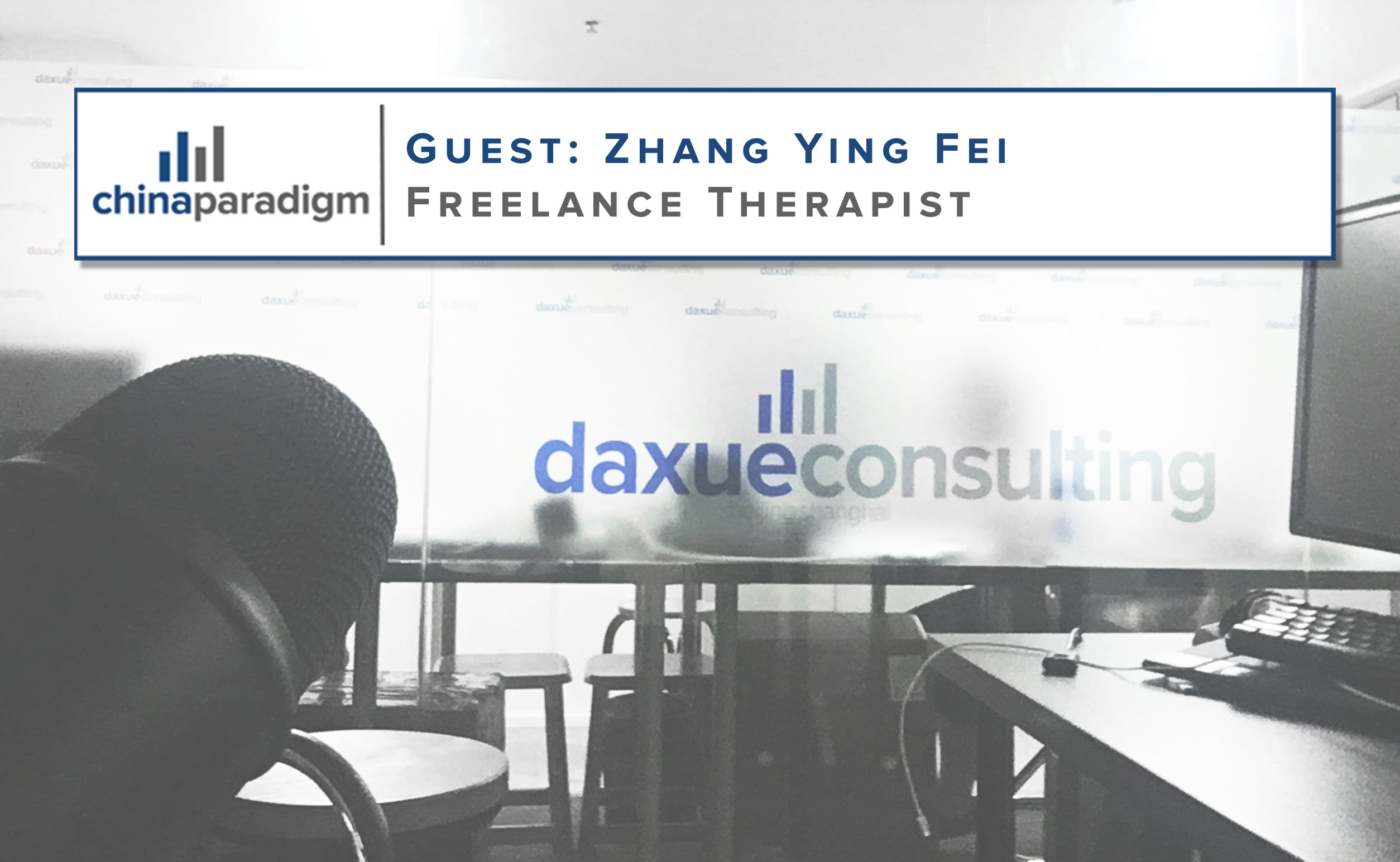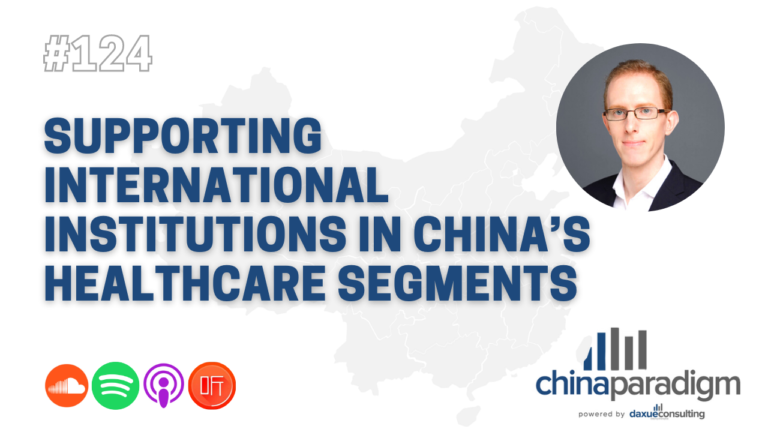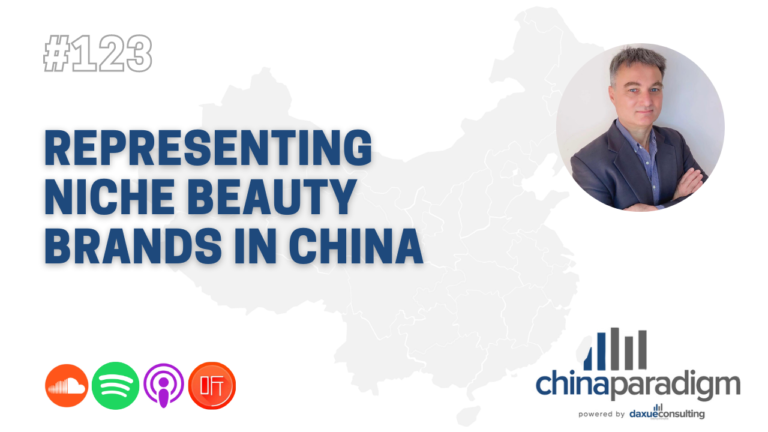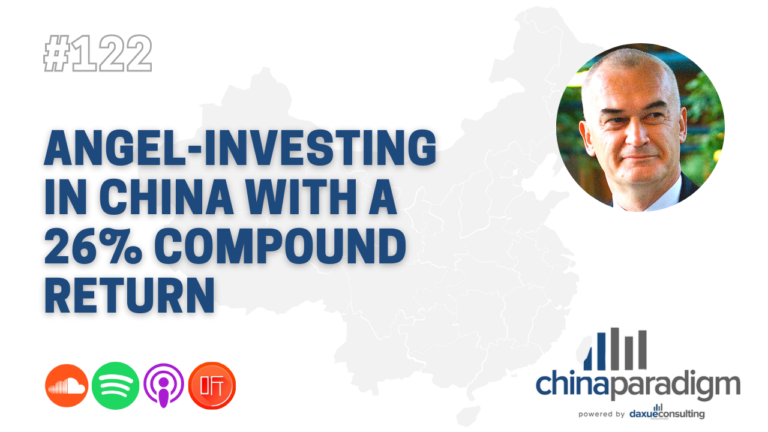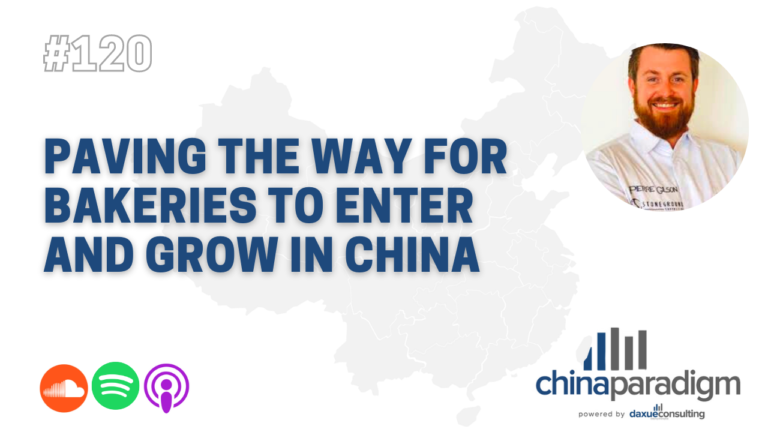Psychology in China
China Paradigm interviewed Zhang Ying Fei, a psychological therapist, to better understand Chinese social pressure on individuals, Chinese family relationships in self-shaping, and inner-conflicts of Chinese individuals.
Zhang Ying Fei, a professional psychologist therapist
Ying Fei has first finished her law study in a university and worked as a teacher for 2 years. At that time, Ying Fei didn’t view herself as a psychologist but a student counselor that help students out of some psychological and common problems. Ying Fei’s psychological career journey began 20 years ago when psychological therapy was a new thing for every Chinese. Psychology derives from western countries, when applying them to China, there is new stuff to deal with. Ying Fei has kept learning to keep up with Chinese specific problems:
“I never stop taking courses, training, because there are so many things to learn. Even if I am teaching therapists now, or giving supervision to many therapists, I, myself is still a student from time to time.”
There is always something new happening, some new techniques, some new trends in the psychology in China, therefore, it is necessary for a psychologist therapist to keep making progress. Zhang Ying Fei has kept this creed in mind after received a master’s degree in management and a professional psychological certificate (about 7 years ago), she decided to become a full-time freelance therapist. Her focus is not traditional brain analysis in psychology, rather, Ying Fei has concentrated on “trauma focusing”, which means she is more concerned with the awareness and reaction of the body:
“This is quite efficient for my Chinese clients, our brain can suppress many things but our body always remembers.”
Ying Fei regards this technique as especially essential for Chinese patients, with years of experience of psychological counseling for Chinese students, she has a thorough understanding of this aspect. It is as well a turning point for her because when deeply understood the cause of student psychological problems, she believed psychological counseling for students also needs to take other actors into account, for example, their families, school, and Chinese society, which is another word is the cause of students’ psychological problems.
Chinese social pressure on individuals, the originator for inner-conflicts of Chinese individuals
Ying Fei has spent years in both China and Paris, she has a comprehensive understanding of unique psychological problems for Chinese. China and the west have totally different cultural and social roots: western people emphasize individual accomplishment, therefore they make a commitment to themselves; Chinese hold a collectivist culture, they need to make commitments to others:
“The commitment you have towards your parents, the commitment you have toward your husband or wife or the commitment you have to the emperor at the time that is a society now or let’s say to authority, generally speaking.”

Chinese social pressure on individuals is coming from authority. Chinese individuals couldn’t get used to being alone out of a group, therefore, they have to conform to a group discipline, which means that you are not able to break the harmonious and peaceful atmosphere in the group just because you hold different opinions from others. This will absolutely cause inner-conflicts of Chinese individuals, their inner worlds are already a mess when they realize their inability to challenge authority: In their childhood, they have to speak and behave as parents expect; when they are growing up, they couldn’t disobey instructions from teacher and textbook; when they are employed, they are still not able to challenge a word of their boss.
Even though there are massive Chinese social pressures on individuals, it may be more disappointing to notice that the psychological industry in China is still in the starting stage where psychological demand exceeds the psychologist supply. As a consequence, when you go to the hospital for psychological diagnose, therapists may not have time to talk with you but just give you a pill. It is clear that taking pills is not a long-term solution to the inner-conflicts of Chinese individuals.
Chinese family relationship in self-shaping
The father of psychology, Freud, has great accounts of parent’s influence on individuals’ self-shaping. Family culture is even more prevalent in China than that in western countries. As we figured out above, Chinese parents are always authorities for their children. Chinese family relationship in self-shaping has different presences.
When a child is always accompanied by parents in their childhood, they are facing more difficulties in becoming an independent adult in the future. On the other hand, when they are alone in the growth stage, they are more likely to be independent, but at the same time, they will be reluctant to ask for help or accompany other people, even if they are in need of it.
Nowadays, the Chinese family relationship is much more complicated than before, the divorce rate is super high in Chinese tier-1 cities. Even though not getting a divorce is more often a circumstance in China, there will also be tension when the parents couldn’t get along well. Ying Fei has cited a case of a father’s absence:
“When a mother is not very satisfied with the father’s absence and not going to believe this marriage. They are not going to divorce. So they stay in the marriage and now they complain in front of their son, they catch the son and they will be crying.”
This brings confusion in children’s self-shaping: on the one hand, they couldn’t get support from their father and at the same time they need to console their mother; on the other hand, they are constantly receiving the hatred of fathers. In a nutshell, they are taking a lot of responsibilities that do not belong to them. Chinese family relationship in self-shaping is an important psychological debate, as it will bring various effects toward children, sometimes it is a good effect, but in most cases, it is a negative effect on their self-shaping.
Listen to this episode here:

